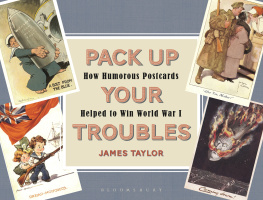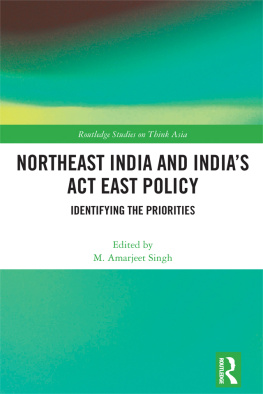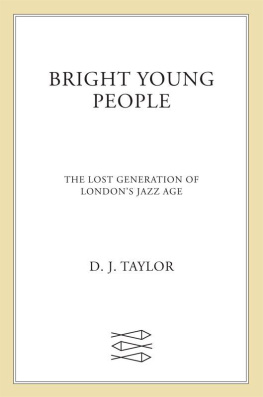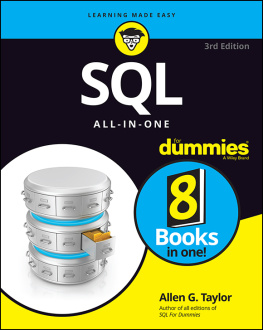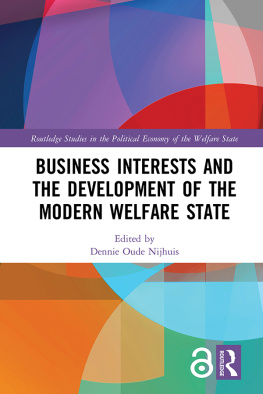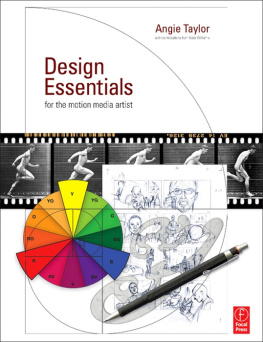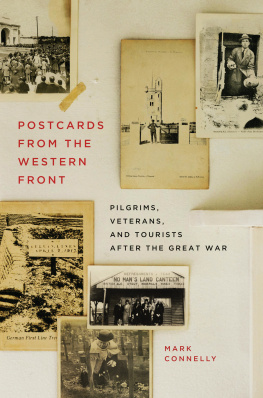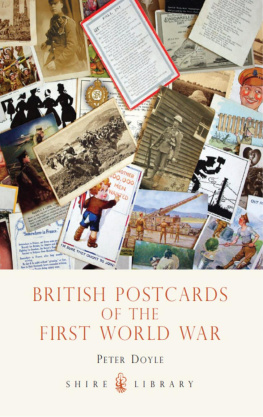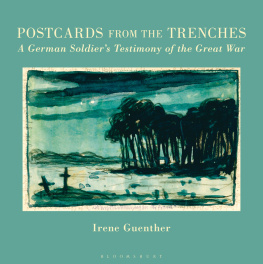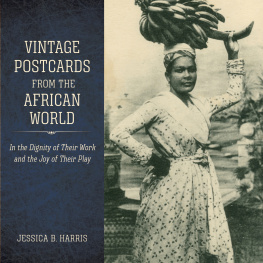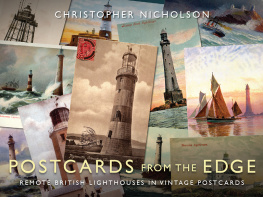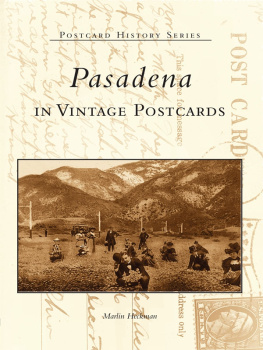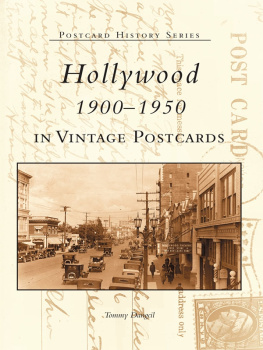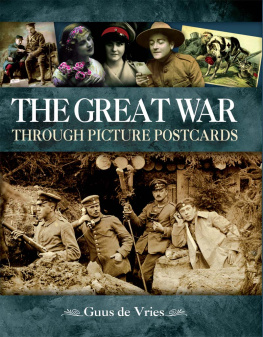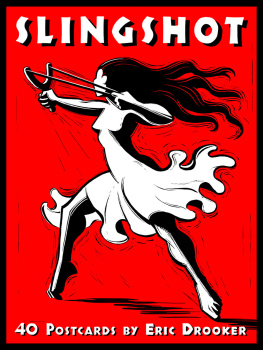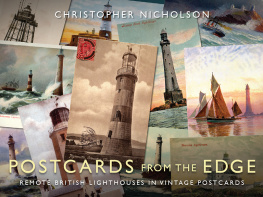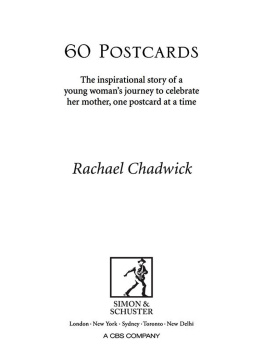Conway
An imprint of Bloomsbury Publishing Plc
50 Bedford Square | 1385 Broadway |
WC1B 3DP | NY 10018 |
London | New York |
UK | USA |
www.bloomsbury.com
This electronic edition published in 2016 by Bloomsbury Publishing Plc
Bloomsbury is a registered trademark of Bloomsbury Publishing Plc
First published 2016
James Taylor, 2016
James Taylor has asserted his right under the Copyright, Designs and Patents Act, 1988, to be identified as Author of this work.
All rights reserved
You may not copy, distribute, transmit, reproduce or otherwise make available this publication (or any part of it) in any form, or by any means (including without limitation electronic, digital, optical, mechanical, photocopying, printing, recording or otherwise), without the prior written permission of the publisher. Any person who does any unauthorised act in relation to this publication may be liable to criminal prosecution and civil claims for damages.
No responsibility for loss caused to any individual or organization acting on or refraining from action as a result of the material in this publication can be accepted by Bloomsbury or the author.
British Library Cataloguing-in-Publication Data
A catalogue record for this book is available from the British Library.
Library of Congress Cataloguing-in-Publication data has been applied for.
ISBN: 978-1-8448-6341-9 (PB)
ISBN: 978-1-8448-6342-6 (eBook)
ISBN: 978-1-8448-6343-3 (ePDF)
To find out more about our authors and their books please visit www.bloomsbury.com where you will find extracts, author interviews and details of forthcoming events, and to be the first to hear about latest releases and special offers, sign up for our newsletters.
This book is dedicated to James Brazier for sharing his enthusiasm and knowledge of Great War comic postcards.


ACKNOWLEDGEMENTS
Many people have been generous with their expertise and knowledge. I would especially like to thank the staff of the British Library; the Cartoon Museum, London; the Imperial War Museum; the National Maritime Museum, Greenwich; the National Archives; the Victoria & Albert Museum; and Tristan Pollard, Curatorial and Technical Manager, Royal West of England Academy.

Home-on-leave Tommys enthusiasm for the fairer sex is highlighted in this cheeky card by Lawson Wood, published by Inter-Art Co.
I would also like to thank fellow postcard enthusiasts and collectors for their advice, expertise and in some instances assistance with illustrations, namely Tony Allen; Bernard Barrett; Dr Nick Hiley; Brian Lund; Roger Mayhew; and David Marks who kindly contributed the chapter on the War in the Air. Bernard Crossley kindly read through the draft manuscript and made several helpful suggestions with regard to Donald McGill and Reg Maurice.
Thanks also goes to James Bissell-Thomas, the owner of the Donald McGill Museum in Ryde, Isle of Wight; Ian Wallace, the copyright holder of Bamforth & Co postcards and Webster Wickham, grandson of Mabel Lucie Attwell. Also, Mark and Sally Wingham, the publishers of Picture Postcard Monthly, and Josh Taylor for his administrative support.
Gratitude to James Brazier for his advice, encouragement and support from start to finish. He has been a guiding light and generously supplied many of the cards. Finally the team at Bloomsbury including Janet Murphy and my editor Jenny Clark for believing in this project and bringing it to fruition.
INTRODUCTION
Pack Up Your Troubles tells the story of how the artist-drawn humorous postcard in Britain helped to win World War I (19141918) or, as it is also known, the Great War. It outlines the origins, development and popularity of the genre from the 1840s to 1918; examines the achievements, backgrounds and personalities of the main protagonists and their professional and social networks across the text and in dedicated biographical entries; looks at the range of their artistic styles, comic techniques and subjects, employed not only to amuse and entertain but also to convey government-approved instructions, messages and propaganda to a mass audience; addresses the essential roles of the General Post Office and the Army Postal Service in the sorting, censorship, distribution and delivery of mail; and also examines the crucial work of Wellington House in London, the headquarters of British wartime propaganda. In addition, the book highlights the role of the artists agents and the wide range of postcard publishers. Finally, some of the messages written on the postcards are featured especially if they reveal the reason why the senders selected the specific cards.

A youthful parody of German destruction wrought against Britain and her allies. Harold Earnshaw, published by Valentine and Sons.

THE HUMOROUS POSTCARD IN WORLD WAR I
T he number of professional artists closely associated with the design of humorous postcards (or comic cards, as collectors call them) about Great War subjects was upwards of 50, of which about 35 were selected for this book. The criteria applied to the selection were: that the artists worked in Britain, or served in the British Army; they were passionate about the genre and produced significant numbers of consistently high-quality colour designs; or, if they created fewer cards, that these were extraordinary in terms of artistic technique, subject and style. They might be ingeniously absurd, cutesy (the first known use of this word dates from 1914), quirky, or even offer something else that special X-factor that singles them out from what was then a very competitive and overcrowded visual-joke market.

Fig 1 Tommy canoodling with a young lady is seen in a very different light by two observing dogs. Donald McGill, published by Inter-Art Co.
The label postcard artists is used here for convenience, although it is a little misleading; almost all of them had to turn their hand to other art forms to make ends meet, such as advertising, cartooning, and book- and magazine-illustration. Donald McGill holds the record for focusing exclusively on this genre across six decades.
The principal men who produced postcard designs during the war years, in alphabetical order, include:
Bruce Bairnsfather | Fergus Mackain |
Arthur Butcher | FE Morgan |
Dudley Buxton | Ernest Noble |

